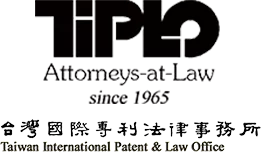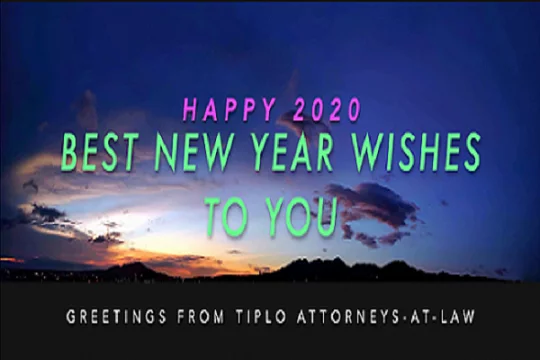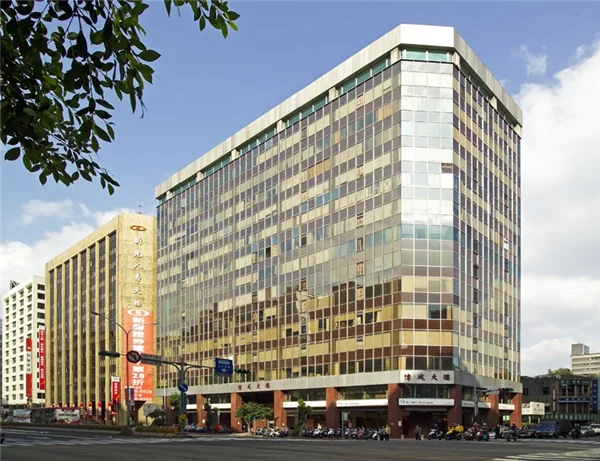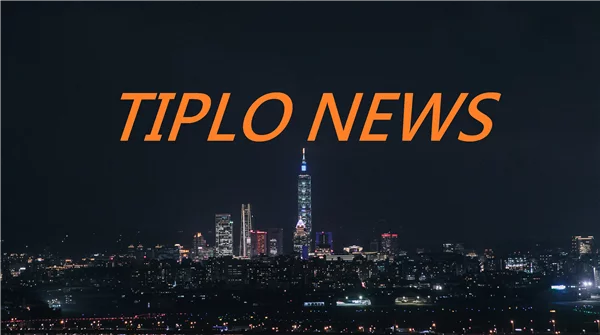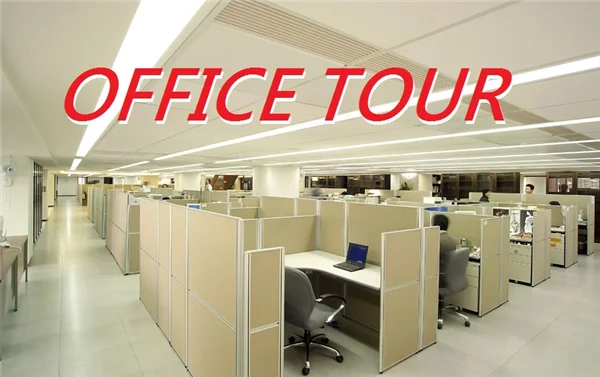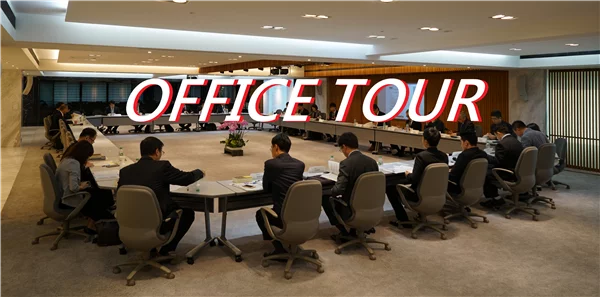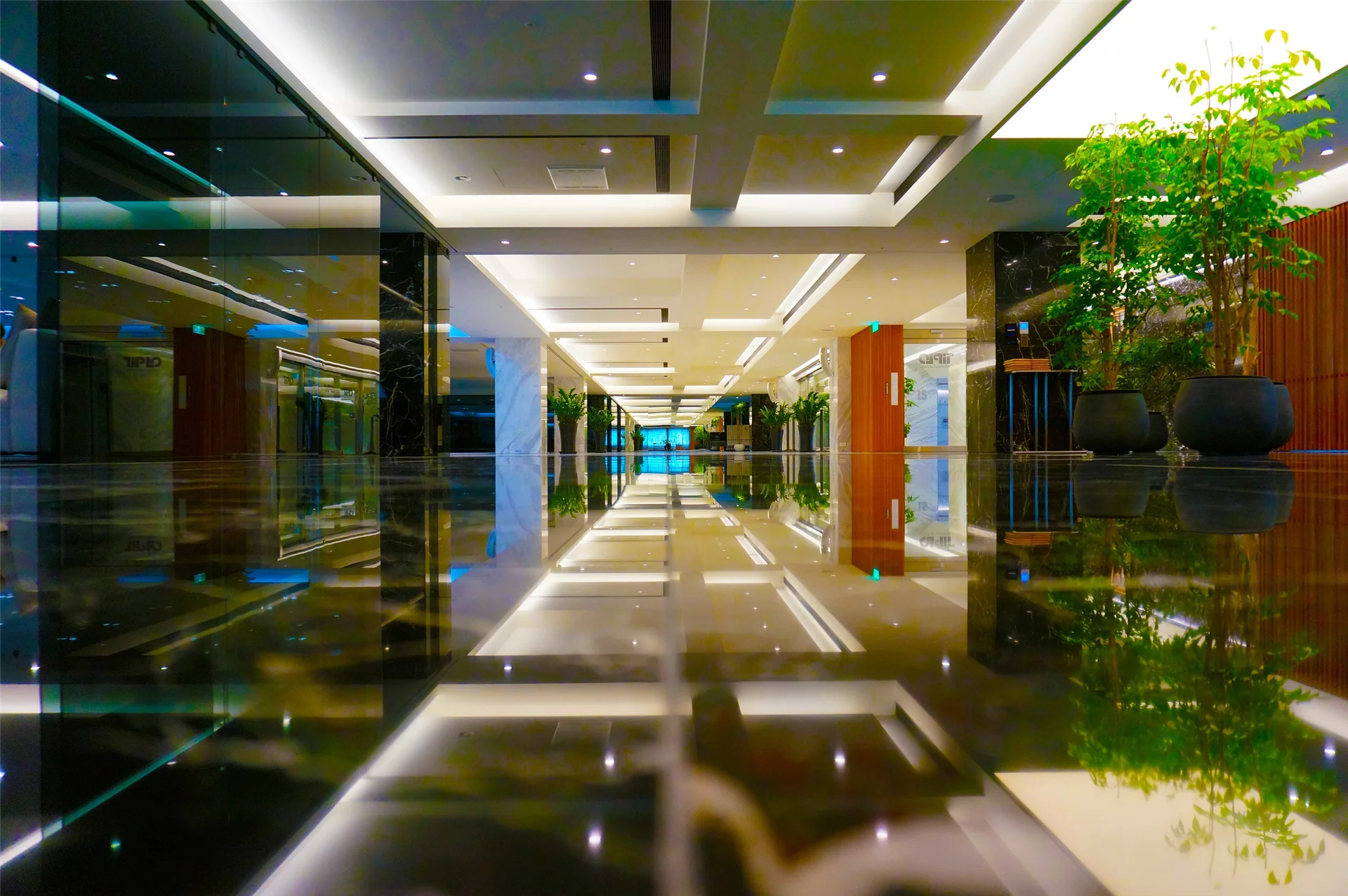To Protect Human Rights, Unjustifiable Finalized Judgment Should be Reversed and d Remanded
E020612Y6 Jul. 2002(E35)
To implement the principle of fair trial, the Supreme Court held a meeting for criminal tribunals on June 11, 2002 to review mistimed judgments and opinions, precedents in violation of human rights where defendants were convicted without the presence of advocates to defend them, or other precedents where defendants were convicted without being leally summoned to the court. All of these are considered as unjustifiable trials which are not conducted in accordance with procedures prescribed by law and even if the defendants have been convicted by finalized judgment, they still deserve chances to have remands.
Most judges consider that according to the principle of fair trial as declared in Article 8 of the Constitution, if the court simply indicates that the procedures of the trial for a case are against laws without having the case remanded so as to provide the defendant with substantial remedies, the defendant’s right to defend will be deprived obviously and, therefore, the purpose for protecting human rights as declared in the Constitution will not be fulfilled. In the event that the procedures are defective as a result of the court’s failure to render a judgment in accordance with the procedure prescribed by law and such defect obviously would produce effects on judgment, the court should revoke the finalized judgment and have it remanded so as to offer the defendant a chance to seek remedies.
Source: China Times 06/12/2002

